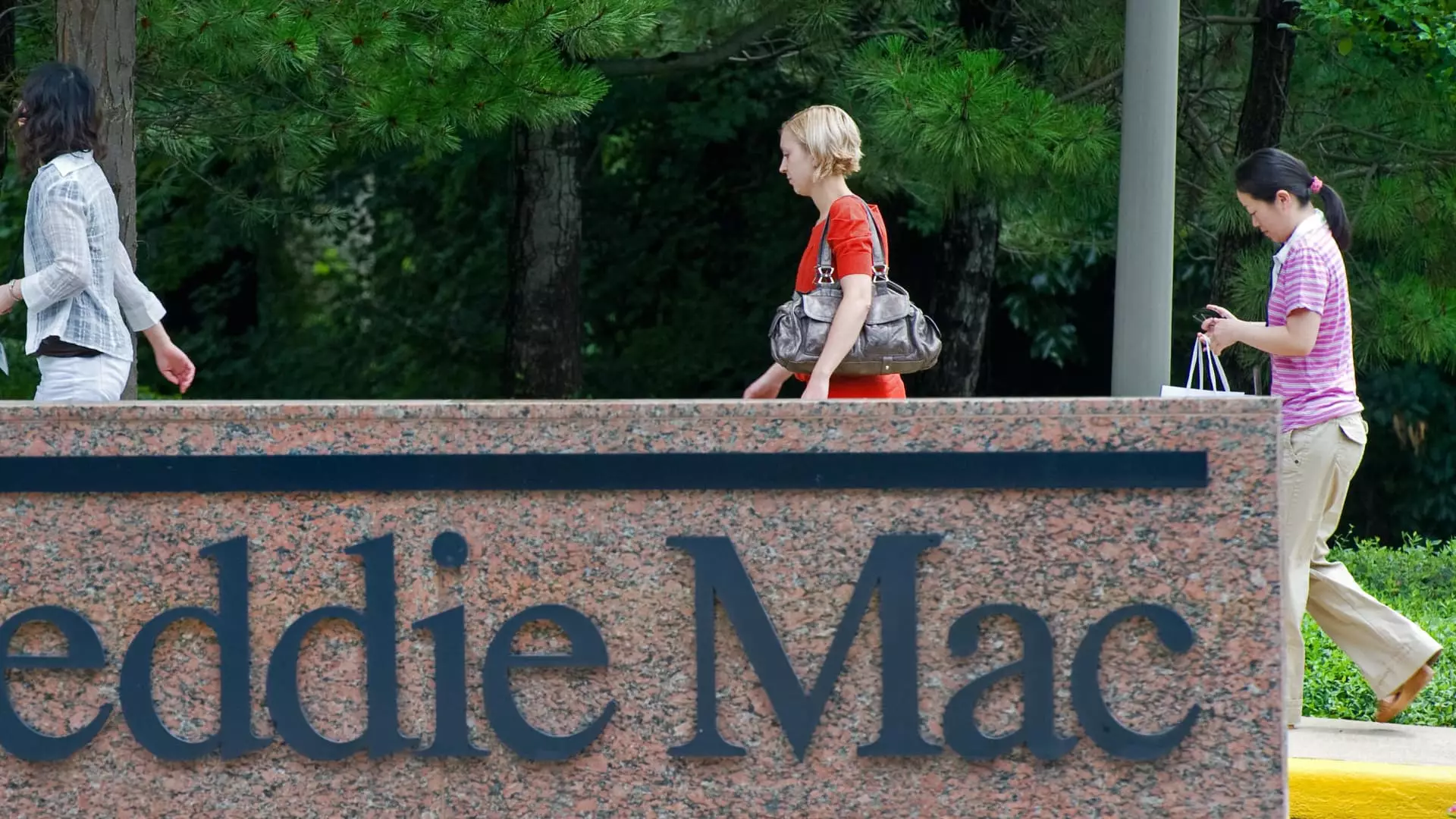The potential privatization of Fannie Mae and Freddie Mac, two government-sponsored enterprises (GSEs) vital to the American mortgage system, is a topic of considerable debate. For nearly 17 years, these institutions have remained under federal conservatorship, a situation prompted by their near-collapse during the financial crisis of 2008. As discussions around their future re-emerge, particularly under the Trump administration’s agenda, it is crucial to examine the potential ramifications of such a shift on both the housing market and the broader economy.
Fannie Mae (Federal National Mortgage Association) and Freddie Mac (Federal Home Loan Mortgage Corporation) were created by Congress to enhance the accessibility of homeownership in the United States. Their role in guaranteeing mortgages is instrumental, with estimates suggesting they back around 70% of the country’s mortgage market. However, after engaging in risky lending practices that almost led to their downfall, these GSEs were placed under the watchful eyes of the Federal Housing Finance Agency (FHFA) and the Treasury Department. Through a series of agreements known as senior preferred stock purchase agreements (SPSPAs), the government intervened to stabilize these institutions, providing necessary capital but limiting their autonomy and profit retention.
The conversation surrounding the potential privatization of Fannie Mae and Freddie Mac involves numerous complexities. While President Trump’s administration once sought to release these entities into the private sector, the proposal stalled due to the extensive logistical, legal, and economic challenges involved. Experts like Mark Zandi, chief economist at Moody’s Analytics, highlight the difficulties in navigating the intricacies of such a move. “It’s not something you can do with one signature on one agreement,” Zandi asserts, indicating that the process of reprivatising the GSEs would require coordinated actions from multiple government agencies, including the Department of Justice and the Treasury.
The release of Fannie Mae and Freddie Mac could have profound impacts on mortgage rates and the overall housing market. If the GSEs were to operate independently, without government backing, the associated risks could lead investors to demand higher interest rates to offset potential losses. This reality poses a grave concern, as higher borrowing costs could dampen consumer access to mortgages. A report by the National Association of Realtors indicates an increase in all-cash home purchases, suggesting that affordability might be increasingly attainable only for cash-rich individuals, thereby sidelining many middle-class buyers reliant on financing.
The financial stakes are high. As Zandi notes, “Any release scenario could affect all parties involved,” which raises questions about the stability and long-term sustainability of the housing economy. For those skeptical of privatization, the potential for increased mortgage rates represents a double-edged sword: while it may benefit investors, it could exacerbate affordability issues for prospective homeowners.
Despite the allure of privatizing Fannie Mae and Freddie Mac, economic experts warn that the transition could lead to unintended consequences. The release of these enterprises from conservatorship could also prompt a new wave of instability, reminiscent of the pre-2008 lending environment characterized by risky and complex mortgage products. Professor Susan Wachter of the Wharton School raises an important point: “A lot could go wrong,” indicating that without appropriate checks and balances, the housing market risks repeating the mistakes of history.
Moreover, the argument that a successful reprivatisation could inject substantial profits into the government overlooks the critical importance of stable, affordable housing. While some stakeholders, including private investors, may stand to gain, critics assert that taxpayers and homeowners could ultimately bear the brunt of rising rates and decreased access to capital.
As the Trump administration enters its second term, speculation about the fate of Fannie Mae and Freddie Mac is reigniting. However, experts indicate that the potential for a smooth transition is slim. Any future action hinges not only on political will but also on a thorough understanding of the economic implications involved in the privatization process. With voices from within the administration advocating for this direction, such as Scott Turner from the Department of Housing and Urban Development, close attention must be paid to how these discussions unfold.
While the privatization of Fannie Mae and Freddie Mac may present appealing prospects for some investors, the overarching ramifications for the housing market and the economy raise substantial concerns. Stakeholders must navigate these complex issues with caution, as the lessons of the past emphasize the need for a careful balance between private interests and public welfare.

